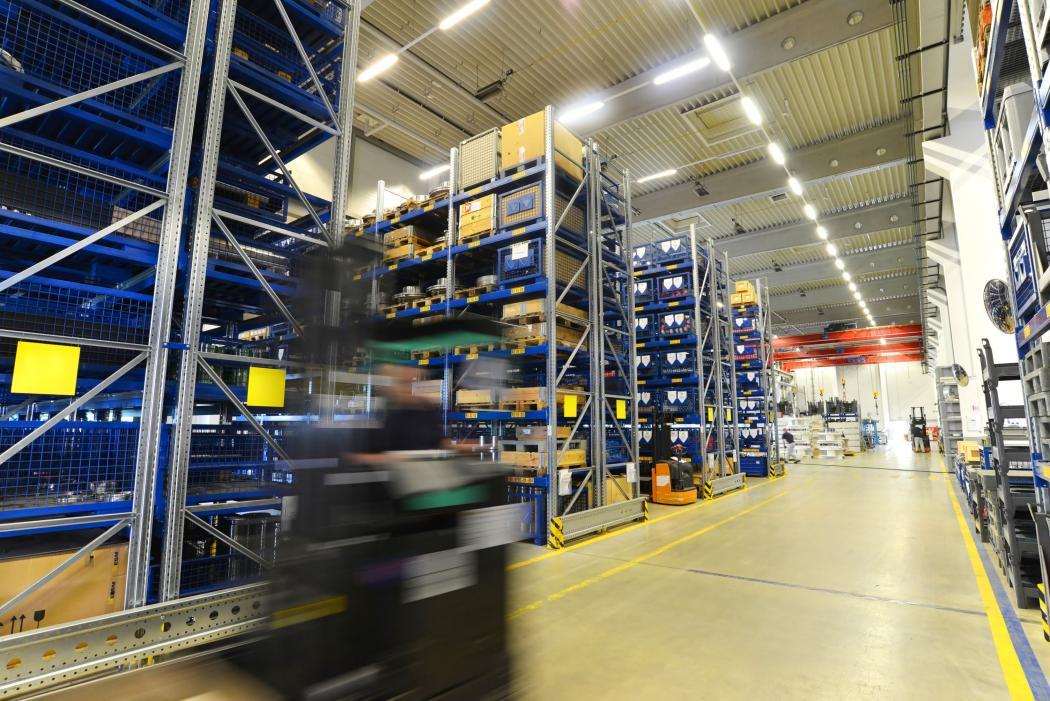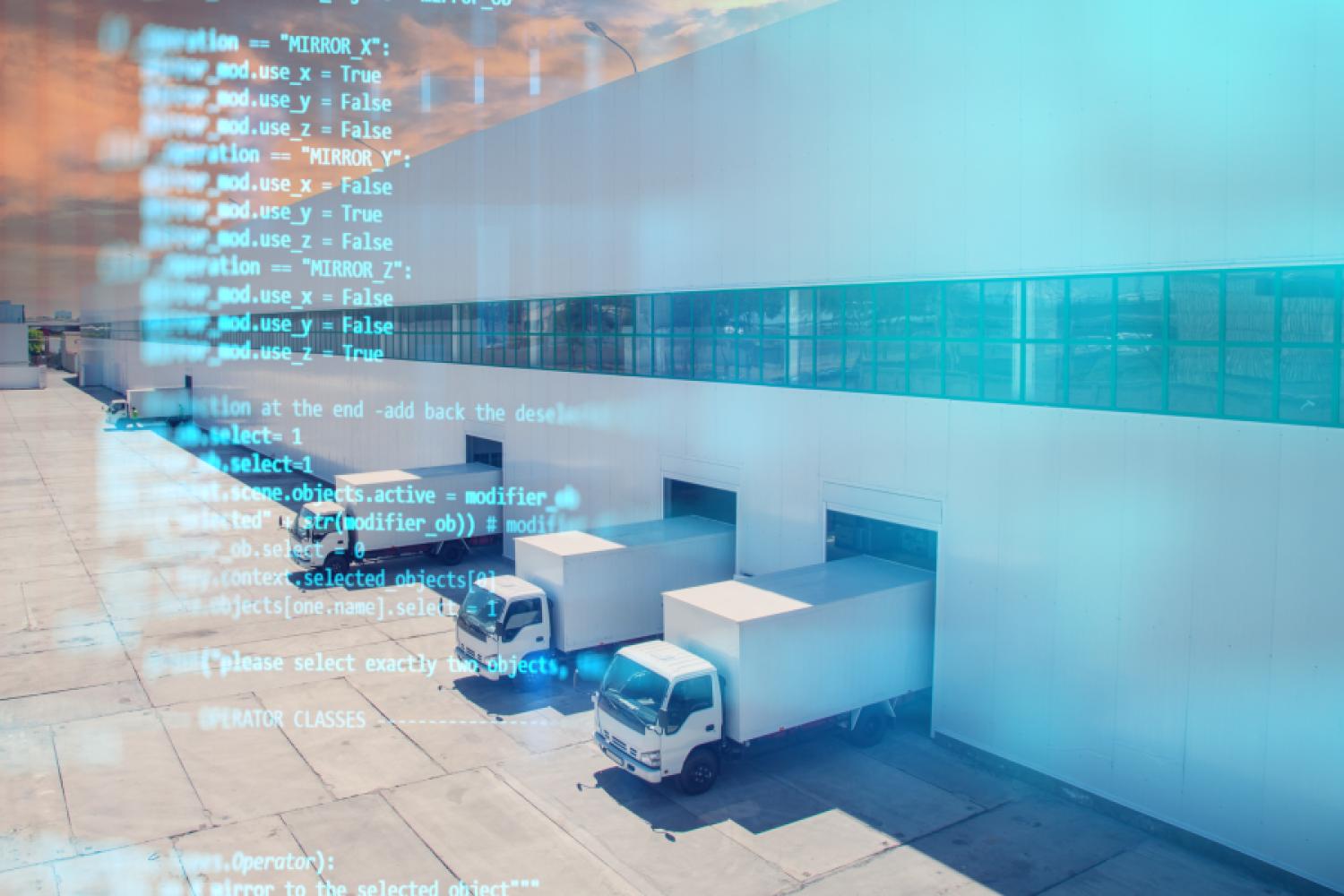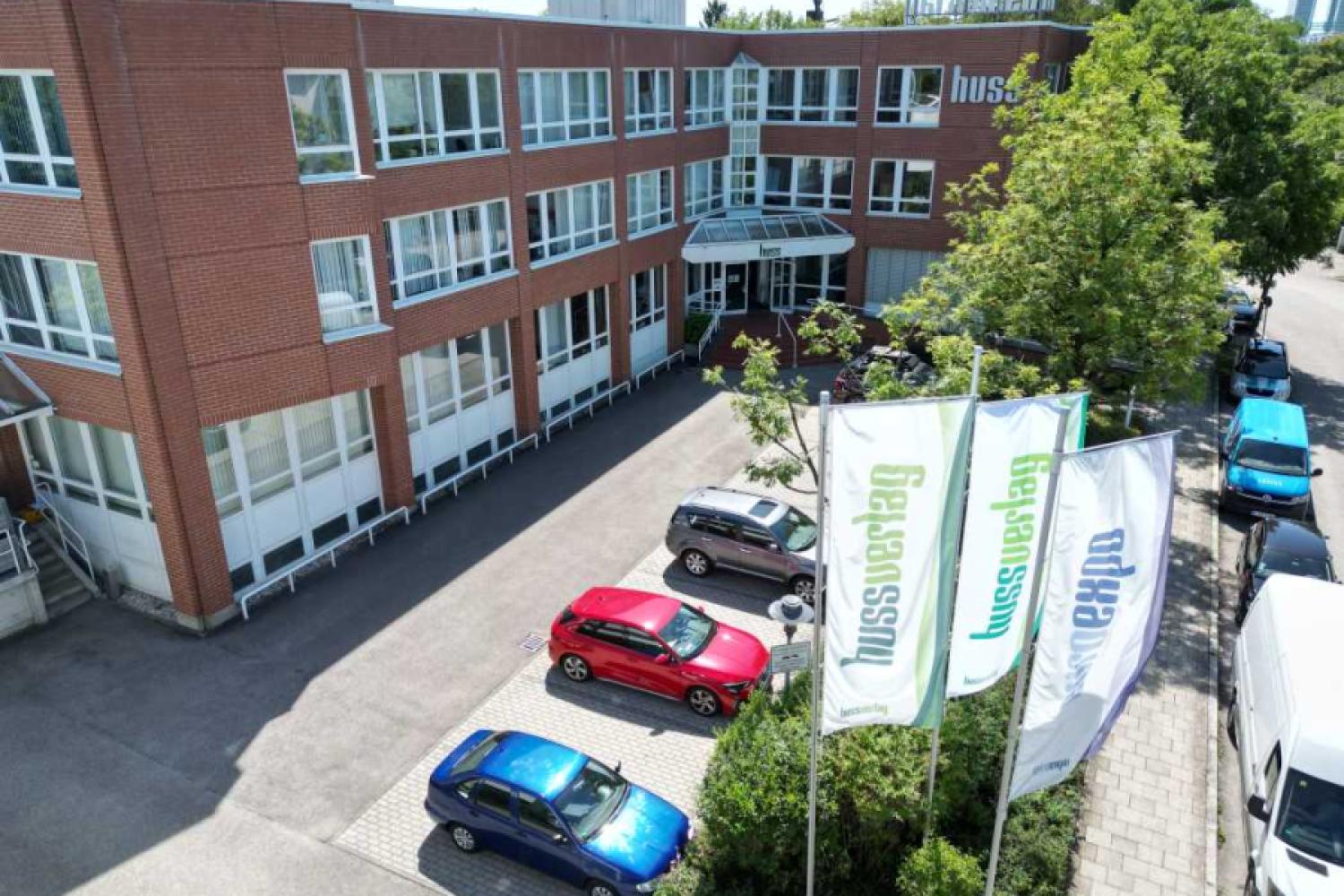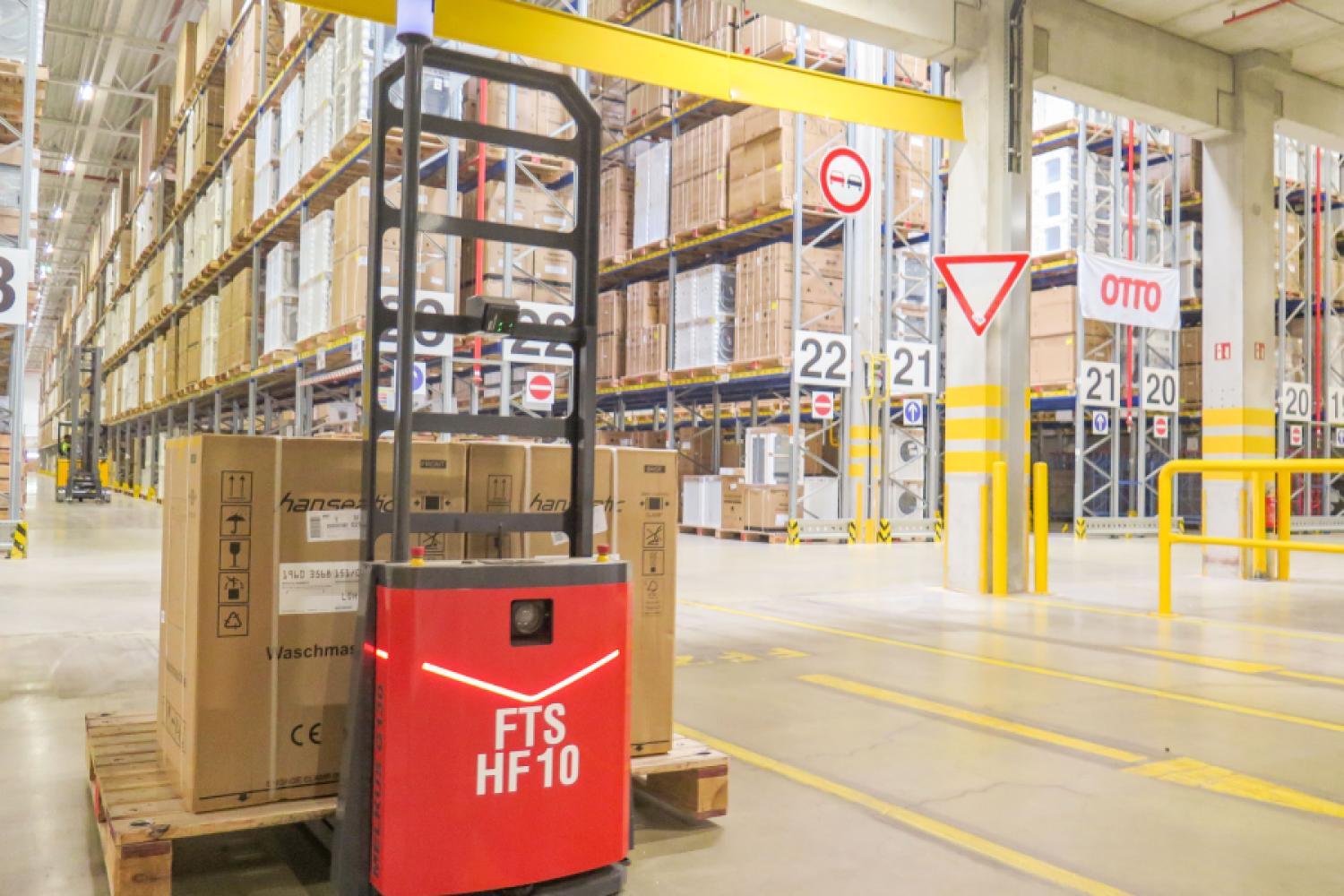With the NEO Logistics Impact Report 2024/2025, the Bauakademie has presented a new analysis of cost and energy metrics of logistics properties in Germany. The results show a cost shift of -44 percent from the investor to the tenant compared to the last "OSCAR" study from 2016. According to the Bauakademie, the reason for this is the increasing conclusion of DoubleNet contracts, in which tenants bear operational costs such as electricity, security, cleaning, and parts of the maintenance themselves. Investors are thus largely spared from inflation-related price increases.
At the same time, remaining allocable operating costs show a moderate increase of nine percent (2016–2023), with insurance costs particularly standing out at +86 percent. In 2023, the allocable operating costs average 0.73 euros per square meter of gross floor area (GFA) per month, while non-allocable costs amount to 0.14 euros per square meter of GFA per month.
Data on more than 150 logistics halls
The report is based on data from
the year 2023 provided by 21 data suppliers, covering 155 logistics halls with a gross floor area of 5.5 million square meters. The focus is on investors holding 115 halls (3.9 million square meters (GFA)). The remaining data comes from owner-occupiers (0.3 million square meters) and tenants (1.3 million square meters).
For the first time, a new operating cost calculator was used in the NEO Logistics Impact Report, enabling an index-based extrapolation of operating costs for 2024 and a forecast for 2025. Accordingly, a cost increase of 4.2 percent is expected for 2024, corresponding to a value of 0.76 euros per square meter of gross floor area per month. For 2025, a further cost increase of 3.1 percent is forecasted, so that operating costs are expected to amount to 0.79 euros per square meter of gross floor area per month.
Gaps in renewable energies
According to the Bauakademie, the report provides a valid data basis for energy consumption and emissions
at the building level, supported by the legally mandated consumption recording according to the Building Energy Act (GEG) since 2024. The findings in this area:
- Only 20 percent of investors use green electricity.
- 83 percent do not have a photovoltaic system.
- 54 percent use natural gas as a fossil energy source for heating.
In contrast, buildings with DGNB certification (German Sustainable Building Council) and less than five years old are reportedly demonstrably more energy-efficient—with up to 50 percent lower heat consumption. Despite this efficiency, the average CO₂ emissions stand at eleven kg/m² per year, just slightly below the CRREM target for 2023. According to the report, 47 percent of the buildings exceed this value, indicating an impending decarbonization gap ("Stranding Point"), even among 36 percent of new buildings (<5 years) that already exceed the limit for 2028.
"The first NEO Logistics Impact Report shows us that investors, owners, and users are facing a structural change," summarized Andreas Kühne, spokesperson of
the Bauakademie company's management board, the results of the NEO Logistics Impact Report. "To meet regulatory requirements and sustainability goals, especially energy sources must be decarbonized, contract models revised, and data access standardized. The entire supply chain will be cost-optimized and decarbonized—rented logistics halls should not be an exception."
Expert advisory board as strategic advisor
According to the Bauakademie, expertise in building the benchmark and interpreting the results is ensured by experts in the form of an advisory board representing all value creation stages from planning, construction, financing, leasing, usage, to operation. The advisory board currently consists of representatives from Fabrikon, Fiege, Sicore Real Assets, SPIE, Solarimo, Tattersall Lorenz, and Wisag and is to be specifically expanded.
For more than 25 years, "OSCAR" and its successor "NEO" BeKo reports have been available for offices in Germany. Following this model, the Bauakademie states, the "NEO Logistics Impact Report" will become a knowledge authority for the economic and ecological footprint of logistics






